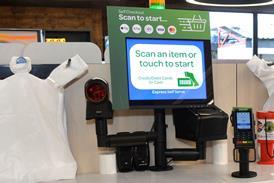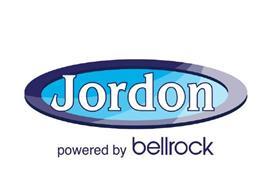Although our database figures seem to paint quite a rosy picture of ever-increasing fuel volumes and shop sales, common sense tells us that this is at least partly due to the ongoing closure of smaller, less profitable sites across the country. Faced with imminent closure of a site, there are a number of factors operators should bear in mind – particularly if the closure of the site is also the closure of your entire business. EKW’s eastern regional manager Mark Crampton has highlighted some of the things you should consider if you find yourself in this situation:
- Ensure you have recorded all your purchase invoices into your accounting records before you close off the last period. This should help ensure that you reclaim all available VAT as soon as you can. It is possible to reclaim VAT from invoices received after ‘closing the books’, however this can be time-consuming and requires the use of separate VAT forms.
- Notify your local VAT office of the cessation of trading at the site; obviously if you are closing your main or only business this will result in eventual de-registration from VAT. However, even if you continue to trade at another location, you may find that your VAT number will change – depending on what sort of business category your other business falls into.
- While speaking to the VAT office, check their view on the VAT treatment of your stock at cessation; the rules as to whether you should charge VAT on any bulk stock that you sell to, say, the oil company on closure are quite ambiguous. If the site is to close permanently then your business is not being sold as a going concern and you would expect to charge VAT on the stock, but it’s worth confirming the treatment with the VAT office.
- Notify your bank…OK, they may not be any happier than you are, especially if you’re running a large overdraft, but you need to agree an ‘exit strategy’ with them – and, of course, you’ll need to keep your account open for a good few months after cessation of trade. If you’re currently on fixed monthly charges, talk to the bank about switching to transaction-based charging in order to reduce costs.
- Ensure you have a proper itemised stock count/ valuation at the date of closure, and keep records safe.
- Check the redundancy position in respect of your staff (also outstanding holiday pay, etc) – if the site is closing as part of an oil company programme, will you have to pay the staff yourself and wait to reclaim from the oil company, or will they fund the redundancy payments before you have to write the cheque?
- You need to prepare P35s etc for your staff covering the current tax year from April 6 to the date of cessation.
- Remember that as a sole trader or partner in a business that’s closing, the ‘cessation provisions’ apply to your own tax position; these will almost certainly involve the recalculation of the last few years’ tax liabilities, and you should speak to your accountant or tax adviser as soon as possible to try and establish how much you owe, or how much the Revenue owes you.
- If you trade as a limited company, the situation is slightly different: closure of your main business ‘premises’ is not the same as ‘closure’ of your company. An incorporated body, such as a limited company, has a legal existence that is separate from its trading location or activity. You may use the same company to start another business elsewhere (subject to required changes to the company statutory documentation). If you decide to wind up the company, this can be a rather complicated and specialised process for which you will need professional advice and help to go through the proper notice procedures.
- You will need to keep all your prime accounting records (cash books, bank statements, invoices, etc) for a minimum of six years. Keep them safe – the Revenue and Customs & Excise may want to see them.
If you intend to continue in some form of business after closing a petrol retail site, don’t forget that a new business should have a proper business plan and cashflow projection before starting. It may surprise a few petrol retailers, but EKW’s business support services (business plans, consultancy, accounting systems, payline, taxation, etc) are available to meet the needs of non-petrol businesses too! The closure of your site may not be through choice, but it may be a new opportunity in your business life – contact E KW and we’ll be glad to help you get it off to a good start.























No comments yet